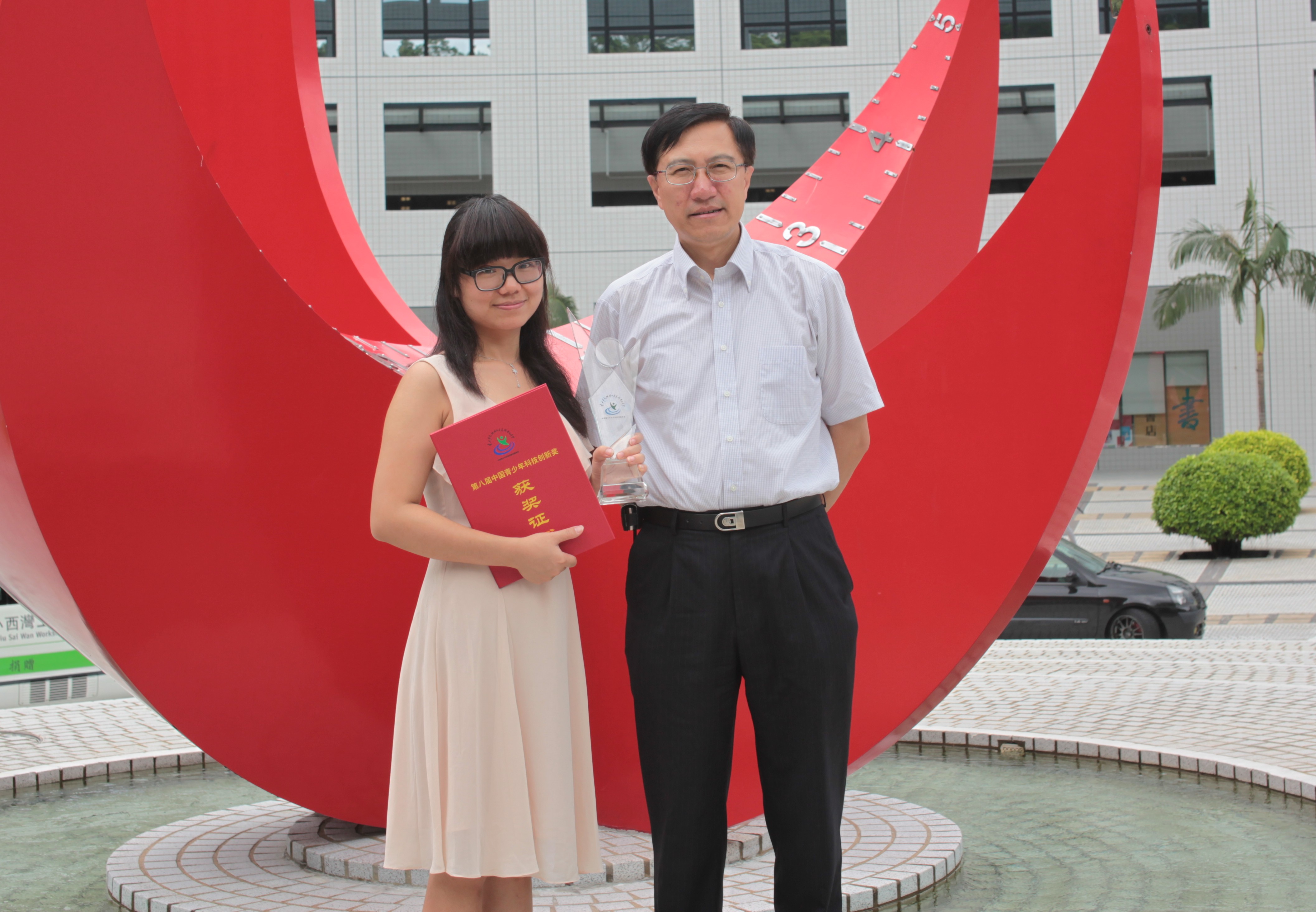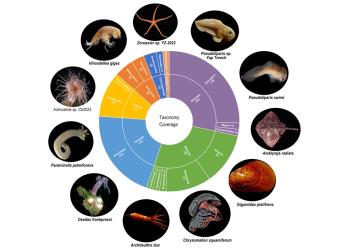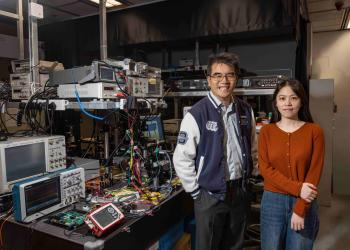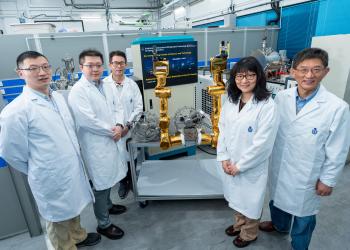HKUST PhD Candidate Honored for Novel Materials Physics Research
Ms Lin Wang, a PhD candidate in the Department of Physics at the Hong Kong University of Science and Technology (HKUST), has received the Chinese Youth Science and Technology Innovation Prize in recognition of her outstanding achievements in innovative science. Ms Wang also became the only young scientist in Hong Kong to receive the Young Scientist Award this year. The Young Scientist honor, presented by the European Materials Research Society (E-MRS), was awarded in recognition of her breakthrough research on the study of two-dimensional graphene structures containing resonant impurities, and their novel properties and physical mechanisms.
The Chinese Youth Science and Technology Innovation Prize was set up in 2004 to commemorate the centenary of Deng Xiaoping's birth. Awards are presented annually to students from universities, secondary and primary schools. E-MRS, founded in 1983, enjoys international acclaim as a professional organization in materials science. Every year, the Society invites leading international scientists to review and nominate young scientists who have made remarkable contributions and show great potential in areas of materials science and technology.
The presentation ceremony for the Young Scientist Award was held in conjunction with the 30th anniversary spring meeting of E-MRS in France, exploring the theme "The route to post-Si CMOS devices: from high mobility channels to graphene-like 2D nanosheets". Graphene is a thin layer of carbon atoms arranged in a hexagonal lattice structure and the world's thinnest, stiffest and most conductive nanomaterial. Its ultra low electrical resistivity makes it an ideal material for next-generation electronics, as it is comparably thinner and more conductive. It can be used to make transparent touch screens, light-emitting panels or solar batteries.
Ms Wang is Hong Kong's only young scientist to receive the Young Scientist Award for research findings on graphene. She was the first to deploy quantum capacitance measurement methods to detect the existence of resonant impurities in graphene and successfully observed the negative quantum capacitance exhibited by graphene at a high adulteration level. Her research opens new avenues to understanding the disorder effects in two-dimensional graphene material and their correlations with physics' strongly correlated two-dimensional electron systems. It has also enriched controlling methods of graphene's nanostructure and enhanced the potential for technology applications, for example, in low-power electronic devices and high-sensitivity detectors for geographical and medicinal purposes.
At the E-MRS award presentation ceremony, Ms Wang presented three reports on the modifications of electronic properties of top-gated graphene devices using ultra-thin yttrium oxide layers; the detection of resonant impurities in graphene through quantum capacitance measurement; and negative quantum capacitance induced by midgap states in single-layer graphene.
Ms Wang commenced her doctoral studies in the Department of Physics at HKUST in 2009. Under the supervision of Prof Ning Wang, she has primarily focused on fabrication and study of the physical properties of nanomaterials and made important discoveries in two-dimensional graphene structures containing impurities and various disorders. She has authored and co-authored 18 papers published in leading international journals.










